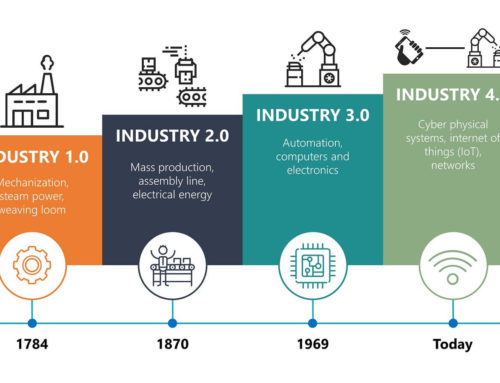Cloud computing offers many advantages compared to traditional computing. In cloud computing, applications and storage are provided over the internet, eliminating the need for installation and hard disk space on individual machines. In many cases, a web-browser is all that is needed for access to cloud-based resources.
The following is a list of advantages of cloud-based software programs:
Mobility
In today’s digital world, only having access to a software program on a home or office desktop computer severely limits production. For cloud-based applications, access is available not only on a desktop computer, but also laptops, tablets, and smartphones from anywhere in the world, 24 hours a day.
Efficiency
With cloud-based applications, there is no need to install programs directly on individual computers, which often requires IT support in business environments. Additionally, software updates and maintenance are seamless without the need for user or IT involvement. There is also no need to re-install programs when upgrading or changing hardware.
Collaboration
Collaboration between team members is easy as all members can access the same program without trying to manage multiple versions of the same information because cloud-based programs and files are updated in real-time.
Control
Subscriptions for cloud-based applications are typically more flexible in both timing and scale compared to more rigid licensing terms of traditional machine and server-based software programs.
Recovery
In the event of a computer breakdown or local machine data loss, the cloud provides a back-up for easy recovery.
Competitive Edge
Some companies are slow to adopt new technology such as cloud-based computing. The many benefits and efficiencies of cloud-based programs put users ahead of competition that is resistant to give up their outdated, inefficient systems.





